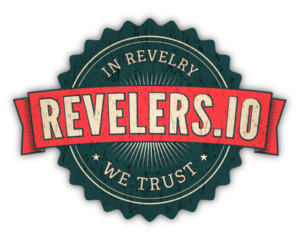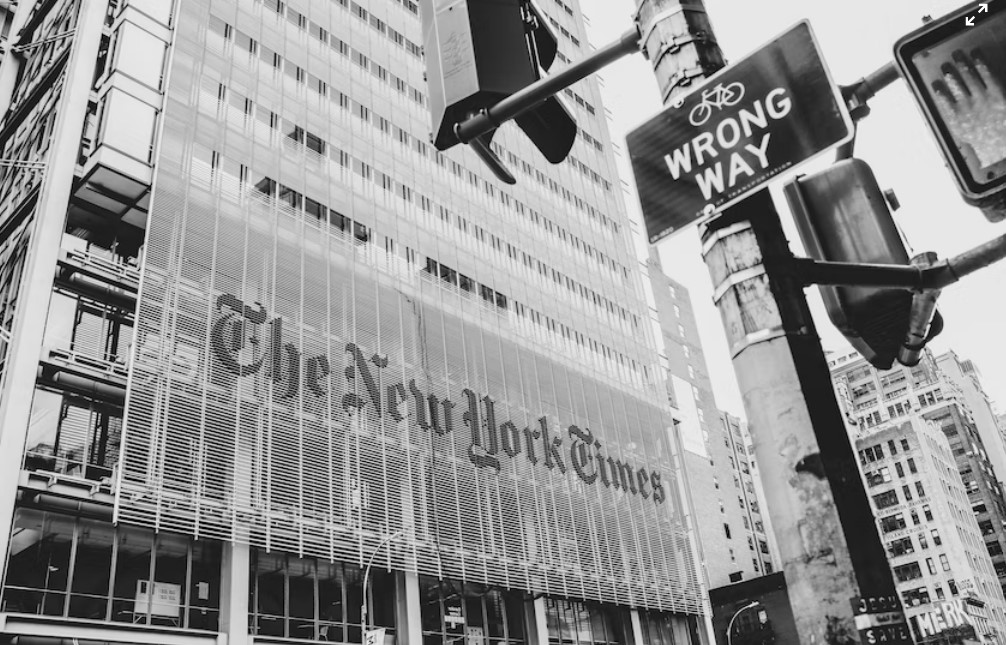The once-taboo drug has been repurposed to treat depression and is even available for delivery. But how safe is it?
By David Dodge NYT | Published Nov. 4, 2021 Updated Nov. 5, 2021
Chris Gathman, 40, has lived with chronic depression, a condition that runs in his family, for most of his life. He’s used a combination of antidepressants and cognitive behavioral therapy to treat his symptoms, with limited success. In 2018, he sunk into an even deeper depression that began impacting his ability to socialize and complete daily tasks.
“I knew I needed to do something,” said Mr. Gathman, who lives in Miami. So when his primary care physician suggested ketamine — an anesthetic that has improved symptoms of depression in early studies — he reached out to a clinic nearby.
“I woke up the next day and felt completely normal,” he said about his first IV infusion, administered at Ketamine Health Centers. “I didn’t feel depressed at all.” Mr. Gathman then persuaded his parents to seek out the therapy at the same clinic for their depression, and they both reported immediate relief as well.
Ketamine — an anesthetic first popular with the 1970s counterculture movement and then as a club drug known as “Special K” — has recently emerged as a promising mental health treatment. Unlike conventional antidepressants, which work by increasing serotonin levels, ketamine appears to impact a neurotransmitter called glutamate, which is thought to play a role in regulating mood.
In early trials, patients suffering from a wide range of drug-resistant mood disorders — including major depressive disorder, bipolar disorder, obsessive compulsive disorder and social anxiety disorder — have seen symptoms improve, often immediately.
Thanks to these success stories, hundreds of new ketamine providers have popped up across the country. Typically patients take ketamine through an IV, nasal spray or tablet once or twice a week for six to eight weeks (though some may need to take it longer). Sessions last between one and two hours and can cause feelings of dissociation, or feeling disconnected from reality, and euphoria.












